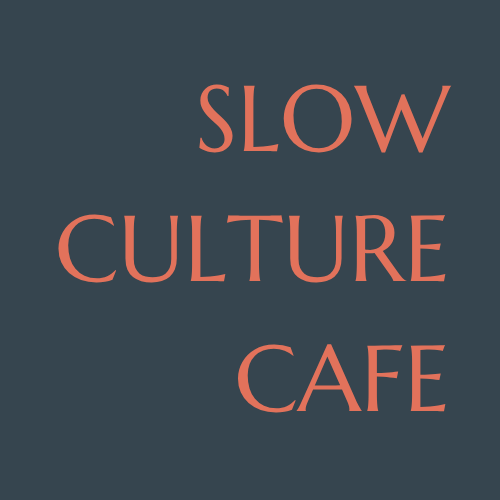Gustav Mahler’s Music: A Mirror for Our Time
More than a century after Gustav Mahler penned his sweeping symphonies, his music feels startlingly modern. It speaks to the search for identity, the ache of loss, and the beauty of life’s fleeting moments. Listening to Mahler today is not just an artistic choice — it’s an act of cultural, emotional, and musical connection.
Cultural Relevance: A Symphony of the Human Condition
Gustav Mahler’s works embrace contrasts — folk tunes beside funeral marches, moments of joy shadowed by irony — mirroring the complexity of contemporary life. His music grapples with themes of exile, belonging, and mortality, resonating with a world still wrestling with these same questions.
Mahler's music illustrates, especially today, in a time of upheaval and constant renewal, the fragility of human beings, the confrontation with a dying nature, and human awareness of finitude.
Today, machines are taking over our thinking and will undoubtedly take over our actions even more in the future. Mahler's music encourages deep reflection on the role of humanity. And Mahler looks closely at his music, trying not to gloss over anything. Influenced by illness and death in his own family, he wants to highlight the fateful nature of every human life.
Emotional and Musical Power: Catharsis in Every Note
From the quiet farewell of his Ninth Symphony to the blazing choral triumph of the Second, Mahler’s range captures the full spectrum of human feeling. His innovations in orchestration and structure paved the way for modern soundscapes, making his works as musically fresh as they are emotionally profound.
Each symphony impresses with its powerful sound and richness, challenging the conductor, the orchestra, and the audience alike. Mahler's music is not complicated, but it is not simple either. It requires careful listening to weigh the sounds against each other and combine them into a completely individual experience of hearing and feeling.
A Legacy That Shapes the Music We Hear Today
Mahler’s fearless approach to orchestration, scale, and emotional honesty transformed the symphony into something vast and cinematic — a vision that still influences composers, film scores, and live performance. In every sweeping phrase and sudden silence, his work reminds us that great art is both timeless and urgently of the moment.
Mahler is a musical visionary who continues to innovate and make the limits of possibility tangible to this day. Despite and at the same time because of the complex soundscapes he created in his compositions, he touches our hearts and souls and leaves us feeling less alone. Mahler's music remains so important today and will continue to be relevant in centuries to come because it touches us deeply as human beings in every way.
Listen to Gustav Mahler’s music live:
Montreal Symphony Orchestra – Mahler’s Symphony No. 3
When & Where: Tuesday, September 23, 2025 – Maison Symphonique de Montréal, Canada
What to Expect: A deeply spiritual and expansive Mahler tone poem exploring the grandeur of nature and existence.
orchestremetropolitain.com/en/concerts/mahler-joyce-and-yannick
BBC Proms (Royal Albert Hall, London) – Mahler’s Symphonies & Cantatas
When & Where: July–August 2025 – London, UK
What to Expect: A rare opportunity to hear Mahler’s Seventh, Second (“Resurrection”), Das Klagende Lied, Third, and Fifth symphonies, all featured in one iconic festival.
royalalberthall.com/tickets/proms/bbc-proms-2025/mahlers-seventh

